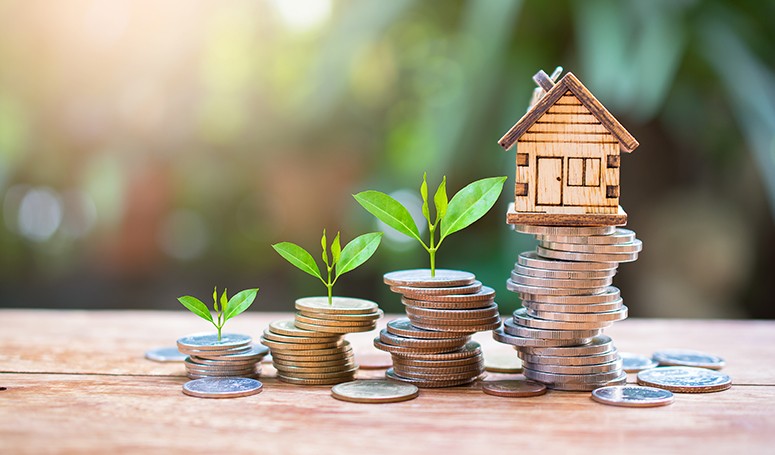19th October, 2022
Chancellor Jeremy Hunt has announced major changes to the government’s ‘mini-budget’, which was proposed at the end of September. But what are the changes and what does this mean for you?
How long is the energy price cap guaranteed?
The government’s original two-year energy price cap will now only be guaranteed until April 2023, at which point it will be reviewed and it’s anticipated that support will just be offered to those on lower incomes.
Your household’s bill will still be based on the amount of gas and electric that you use, but after April 2023 there is no guarantee on what the maximum amount you’ll pay over the year is.
For tips on how to reduce energy consumption and a helpful guide on which household appliances use the most energy, read our blog post here.
Is income tax still being reduced?
Decisions to reduce the basic rate income tax by 1p have now been reversed so it will remain at 20% indefinitely. This means 20p of income tax will be charged per £1 of income above the tax-free allowance of £12,570, which is currently the case.
Hunt has stated that the government is committed to going ahead with reducing income tax to 19% in the future, once the economy allows for the change to be affordable.
What’s going on with mortgage rates?
Mortgage rates, which have been rapidly increasing throughout the year, show no signs of slowing down anytime soon.
September 2022 saw the 7th increase in interest rates since December 2021, reaching a record high in 14 years. Lenders are anticipated to play it safe as they wait to see how markets and the Bank of England will respond to these budget changes.
Further information on the UK mortgage market is detailed in our blog post here.
So, what isn’t changing?
On a positive note, the proposed changes to national insurance remain in place, so the 1.25% rise will still be cancelled in November. The Treasury has previously stated that this change will save approximately 28 million people an average of £330 per year.
Also staying as it is are the changes to stamp duty, which means that if you’re looking to buy then you won’t pay stamp duty on the first £250,000 of a property’s value and if you’re a first-time buyer then you won’t pay stamp duty on the first £425,000 of a property’s value.
Written by: Ashley Kippax
* By clicking this link, you will be redirected to away from our website.
* Please note that the above information has been gathered through secondary research. The information provided is not based on our opinion. You should seek further guidance and information before making an informed decision.
Sources:
https://www.bbc.co.uk/news/business-63285246
https://www.bbc.co.uk/news/live/uk-politics-63278993

